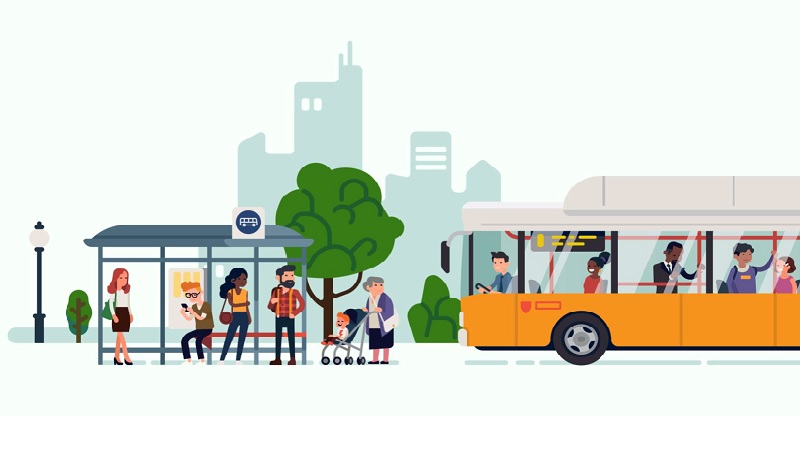The global market for connected and autonomous vehicles is projected to reach £650 billion by 2035, with the UK expected to capture £41.7 billion. Recognising the potential of autonomous transport, the UK government established the Centre for Connected and Autonomous Vehicles (CCAV). This report investigates the role of automated passenger services in meeting the needs of all passengers, especially in the absence of a driver or onboard attendant. The study aims to contribute towards research around ensuring an inclusive and safe transport network by considering the unique challenges faced by individuals with disabilities and other protected characteristics.
Objectives included identifying non-driving-related roles currently performed by drivers, assessing the implications of these roles not being fulfilled, and exploring alternative solutions. A comprehensive review of literature and stakeholder engagement identified 66 non-driving-related roles classified based on theme, detection vs. action, business as usual vs. exceptional circumstances, stage of the passenger journey, and mode of transport. Most roles were related to passenger safety and physical access, with most occurring during boarding.
The feasibility of alternative solutions was evaluated, revealing that while many roles can be addressed with relative ease (36% rated as ‘green’), a notable portion presents challenges (23% ‘orange’ and 9% ‘red’ roles). Roles deemed challenging often involve judgement, physical intervention, or enforcement.
The research gathered valuable insights into the complex landscape of automated passenger services and concludes that further work is needed to develop solutions for some important driver roles, prioritising safety and accessibility. Future research should also consider public acceptability and barriers to implementation of potential solutions.
